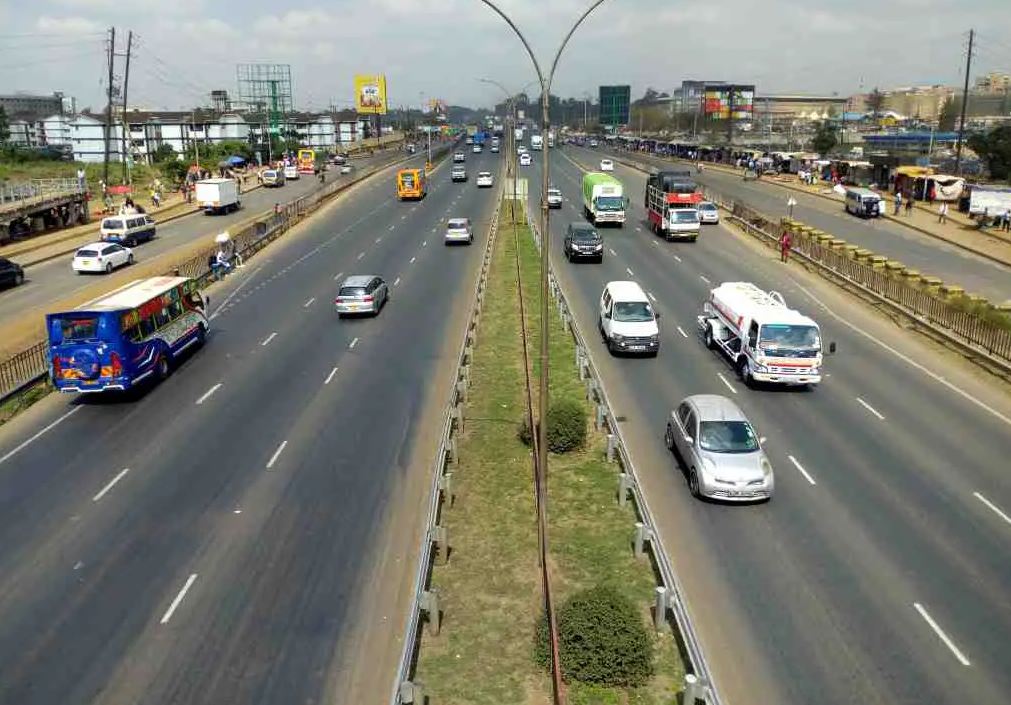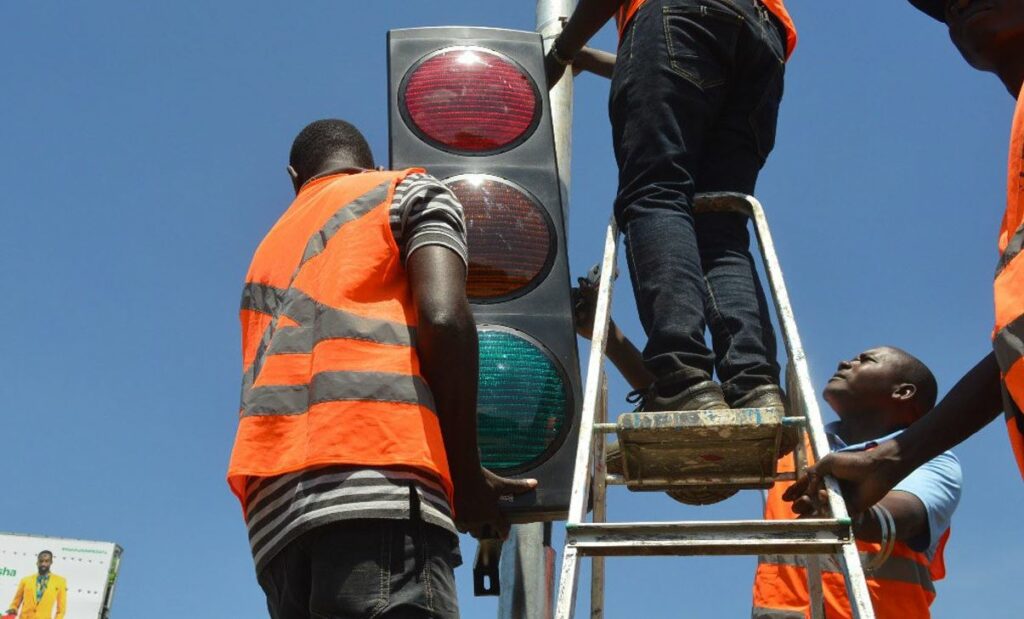
These facilities are designed to cater to the needs of thousands of long-distance commuters, offering an array of services including restrooms, lodging, parking, and dining options.
The initiative follows a High Court ruling in 2020, mandating the government to develop a comprehensive policy for the installation of toilets and other sanitary facilities along major highways.
This decision aims to formalize the provision of essential amenities for road users, moving away from the current reliance on informal and potentially unsafe roadside offerings.
Under the proposed regulations, KeNHA will oversee the construction and operation of these stations, either independently or in collaboration with private sector partners. Stations will be strategically located within 600 metres of the highway, with spacing determined by local demand, land availability, and the scope of services offered. This approach seeks to optimize accessibility while ensuring a uniform distribution of facilities across the national road network.
Prospective developers interested in participating in the project will face a structured fee system, starting with a Sh20,000 application charge, followed by an annual operating license fee of Sh100,000 upon approval. Unauthorized operation of such stations will result in a hefty Sh500,000 penalty, emphasizing the government’s commitment to regulating these essential services.
The Kenya Revenue Authority (KRA) is set to play a crucial role in the financial oversight of the roadside stations by implementing geofencing techniques and maintaining a comprehensive registry of stations, their developers, and operators for taxation purposes.
The proposed stations are categorized based on their size and capacity. Large stations will occupy at least 10 acres, providing over 200 parking slots, while medium and small stations will offer scaled-down facilities catering to a variety of traveler needs. All stations will feature basic amenities like sanitation facilities, emergency services, and food outlets, with larger sites offering additional services including fuel stations, banking, and internet access.
Furthermore, the draft legislation introduces innovative measures such as smart gate technology for large and medium stations. This system aims to enhance security and tax compliance by integrating with customs monitoring systems to track vehicles entering and exiting the premises.
Parking fees have been structured to encourage the use of these facilities, with differentiated rates based on the duration of stay and the location of the station. A notable penalty of Sh30,000 is set for trucks parking outside designated areas, alongside a towing fee structured to discourage unauthorized parking along highways.
Existing service providers along major highways will be given a two-year window to align with the new regulations, highlighting the government’s intention to improve the quality and safety of roadside services systematically. This comprehensive framework represents a significant step forward in addressing the long-standing challenges faced by road users in Kenya, promising a safer and more convenient travel experience.








